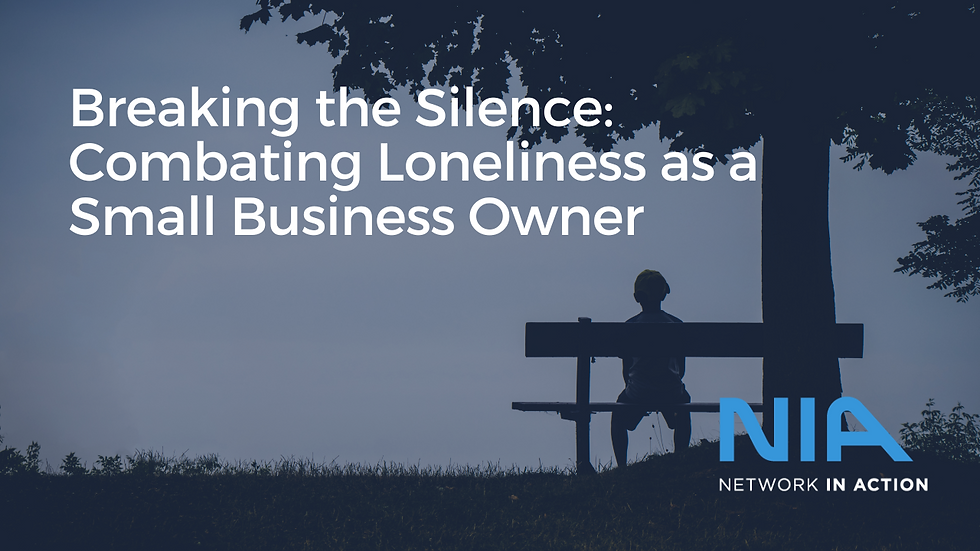Breaking Free from Overwhelm: How Leaders Can Reclaim Time and Energy
- Simon Zryd

- Jan 16
- 3 min read
It’s a common scene I encounter: a leader sitting across from me, weary-eyed, with a to-do list that seems to stretch endlessly. These executives often carry the weight of their organization on their shoulders, striving to improve, pivot, or rebuild. While they recognize that leadership demands hard work, they also feel caught in a spiraling cycle of "too much"—too much work, too many demands, and not enough hours in the day.

If you’ve been in their shoes, you know this struggle well. Leaders often convince themselves that working harder, longer, and faster is the solution. Yet, the irony is that this approach leads to diminishing returns: fatigue sets in, decisions become clouded, and burnout looms large. So, how can leaders escape this trap and create a more sustainable way forward?
1. Redefine Your Role as a Leader
One of the first shifts overwhelmed leaders need to make is redefining what leadership truly means. Leadership isn’t about doing everything yourself—it’s about prioritizing what only you can do and empowering others to take ownership of the rest.
Start by asking yourself:
What are the tasks that absolutely require my input?
What can I delegate to others who are equally (or more) capable?
For example, I worked with a CEO here in Denver who was overwhelmed by operational details. After a candid conversation, we identified areas where her team could step up. By delegating day-to-day operations to a trusted COO, she freed up time to focus on strategy and vision—areas where her leadership added the most value.
2. Adopt a Ruthless Prioritization Mindset
Not all tasks are created equal. Leaders often fall into the trap of treating every item on their list as urgent and important. But here’s the truth: some things matter more than others, and it’s essential to focus on what moves the needle.
Try this simple framework to categorize tasks:
Urgent and Important: Handle these immediately (e.g., critical client issues).
Important but Not Urgent: Schedule dedicated time for these tasks (e.g., strategic planning).
Urgent but Not Important: Delegate them (e.g., scheduling meetings).
Neither Urgent nor Important: Eliminate these entirely (e.g., excessive social media scrolling).
3. Expand Your Capacity Through Delegation and Systems
While a company can hire more employees or invest in automation to scale, leaders have a fixed 24 hours in a day. To "expand" your own capacity, focus on building systems and empowering your team.
For instance:
Leverage Technology: Use tools to streamline repetitive tasks, like project management platforms (Asana, Trello) or scheduling apps (Calendly).
Delegate Effectively: Don’t just offload tasks—empower your team by clearly defining expectations, providing resources, and trusting their judgment.
Automate Decisions: Standardize processes wherever possible to reduce decision fatigue. For example, a Denver-based real estate broker I worked with established a client onboarding checklist that cut her preparation time in half.
4. Protect Your Time Fiercely
Time is your most valuable asset as a leader, so treat it that way. Consider implementing these practices:
Block Your Calendar: Schedule uninterrupted blocks for deep work, creative thinking, or strategic planning.
Say No Strategically: Every "yes" to one thing is a "no" to something else. Be intentional about what you agree to.
Limit Meetings: Evaluate whether every meeting is truly necessary and shorten them when possible.
5. Prioritize Your Energy, Not Just Your Time
Leadership isn’t just about how many hours you work—it’s about how effectively you use those hours. This requires managing your energy levels so you can show up as your best self.
Take Breaks: Counterintuitive as it may sound, stepping away can improve focus and creativity.
Invest in Wellness: Regular exercise, sufficient sleep, and proper nutrition aren’t luxuries—they’re necessities for peak performance.
Seek Support: Whether it’s a mentor, a coach, or a peer network, having someone to share your challenges with can make a world of difference.
A Final Word
As leaders, it’s easy to fall into the trap of thinking that more effort is always the answer. But the reality is that leadership is a marathon, not a sprint. By focusing on what truly matters, building a supportive team, and protecting your time and energy, you can lead with clarity, purpose, and sustainability.
So, the next time you feel overwhelmed, remember: You can’t do it all, but you can do what matters most. And that’s where your real power as a leader lies.





Comments